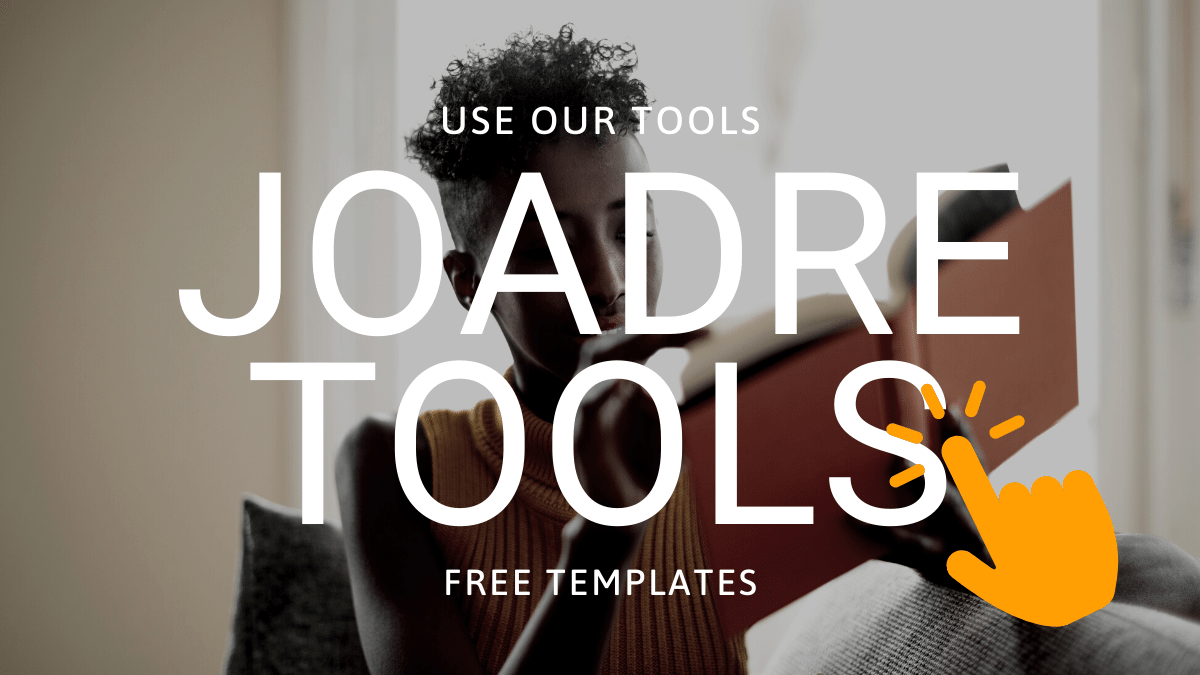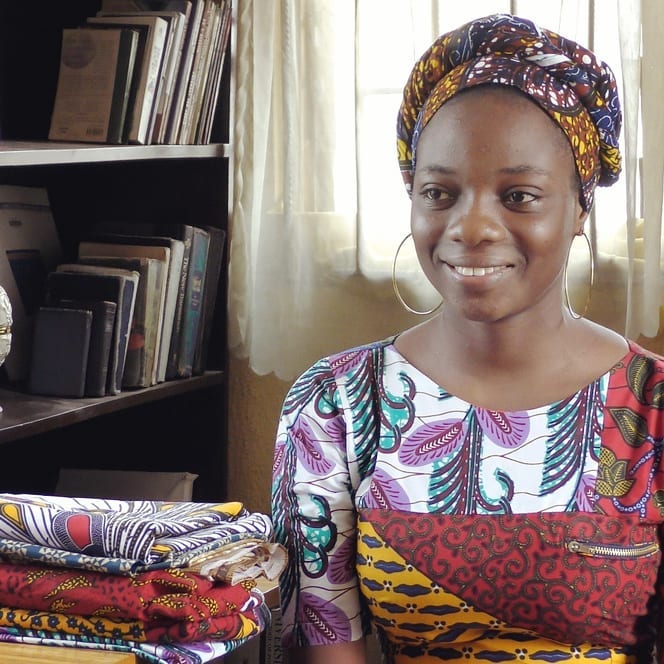We cannot explore Educational system in Nigeria without briefly touching on the religious education structure. Lets highglight this episode using the 3 major categorized commonly practised religions in Nigeria: Christianity, Islam and Traditional.
Islamic Religious Educational System
This merely started as a religious obligation, but has since so far gained relevance. Muslim children are sent to a mosque under a local religious teacher, known as mallam/alfa, to learn one or two chapters of the Quran by rote. This learning curriculum includes the Arabic alphabet, excerpts from the Quran required for daily prayers. Those who are very interested in this system go further to learn and examine the meanings of the Arabic texts, grammar, syntax, logic, rhetoric, jurisprudence and theology. Especially in the Nothern part of the country, where Islam is widely practised, Muslim children attend daily evening classes to learn Arabic and Quran recitations. This system is the root of ‘almajiri’.
Can Nigeria expand on this process of education? Like every world religion today, it is often centered around their holy books and doctrines. However, this is a space where people find community and come together around one value system. Can’t this space be employed to introduce more diversity of knowledge?
Christian Religious Study
Under Christianity, it is possible to categorize the regular Sunday School, Bible study, and Bible lessons under this educational system. Although, theirs have found its way into the formal educational system. It is otherwise known as “seminary study” and is being properly studied with an award of a degree. Conversely, islamic studies have also found its way into formal education. However, all are mostly categorized under religious studies.
Traditional Religious Educational System
An equivalent of this system in the Nigerian traditional religion settings, especially, the Yoruba society, is what is known as “omo awo”. A young devotee is put under a priest to learn different types of herbs and their usage. Also, they would learn ‘ese ifa’ (Ifa verses), incantations, spiritual rites, taboos, and traditional culture. This system, however, can also be categorized under the indigenous educational system due to its multiplicity.
Research and development based on traditional educational system
After looking through these religious and spiritual educational structures, we tend to notice the profoundness of the traditional as it integrates practice oriented existential disciplines. The foundation of medicine today is based on our natural herbs. Synthetic production of drugs is developed based on information gathered from nature. As the traditional practice allows the teachings of herbs and natural elements for human existence, would it not be wise for the government to invest in further research and development of this structure to lead Africa into a sustainable health system?
Ignite your senses, grasp your ideas
In the next part of this series, we would dive into the formal educational system. In our Joadre Tribe app, we have listed some herbal plants that are actually used in modern medicine production or serve as the basis for its development. It is all about igniting our creative senses, grasping ideas and finding a starting point to develop them. Join our community in the app to become part of this revolutionary journey into developing a more sustainable ecosystem.
What you get in Joadre Tribe app
The tribe app brings together on one platform;
- business education that is relevant to our global economy,
- data information to guide you and
- a community of both international partners/investors and Nigerian entrepreneurs.
The android version is ready for those with android smartphones – downloading right here. An IOS version is on its way. Want to stay connected to know when we have opportunities or release the IOS version of the app so that you can join the tribe? Kindly sign up to our newsletter.




